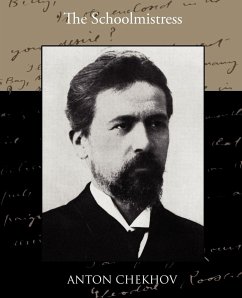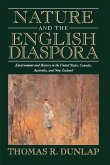The School Book of Forestry was first published in 1922. Pack begins by saying, "Our forests, with their billions of trees, are the backbone of agriculture, the skeleton of lumbering, and the heart of industry. Even now, in spite of their depletion, they are the cream of our natural resources. They furnish wood for the nation, pasture for thousands of cattle and sheep, and water supply for countless cities and farms. They are the dominions of wild life. Millions of birds, game animals, and fish live in the forests and the forest streams. The time is coming when our forests will be the greatest playgrounds of America. It is necessary that we preserve, protect, and expand our timberlands. By so doing we shall provide for the needs of future generations." The book covers an extensive array of topics relating to forests in the United States.
Hinweis: Dieser Artikel kann nur an eine deutsche Lieferadresse ausgeliefert werden.
Hinweis: Dieser Artikel kann nur an eine deutsche Lieferadresse ausgeliefert werden.








